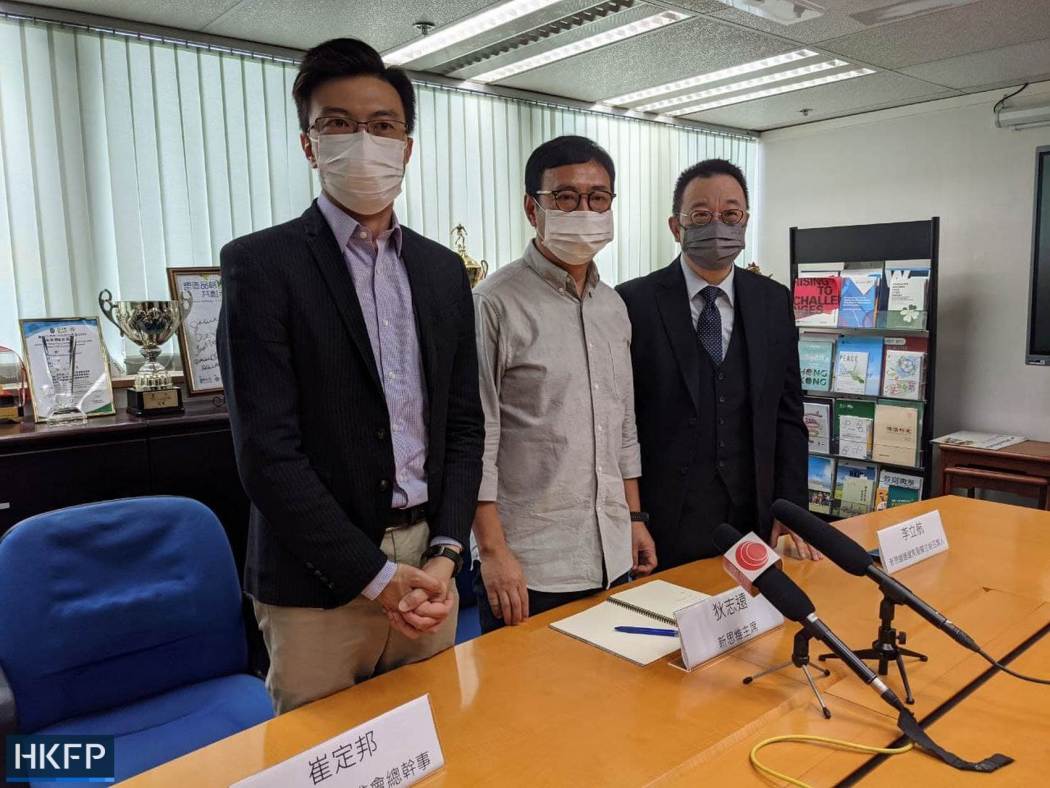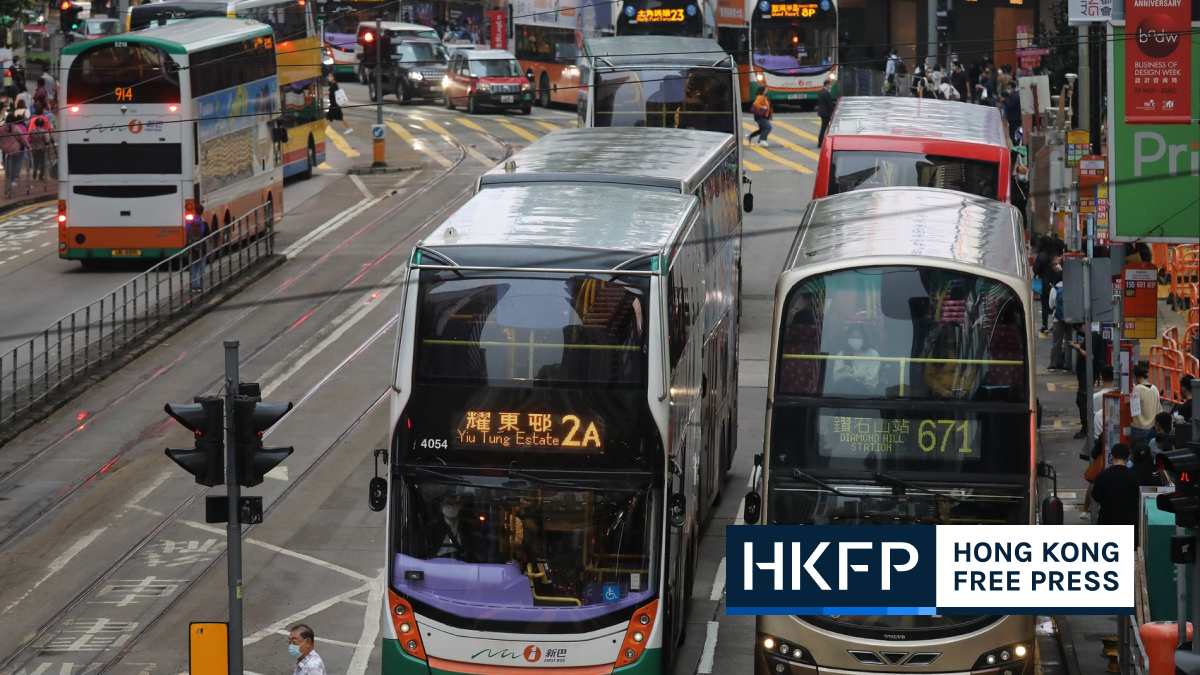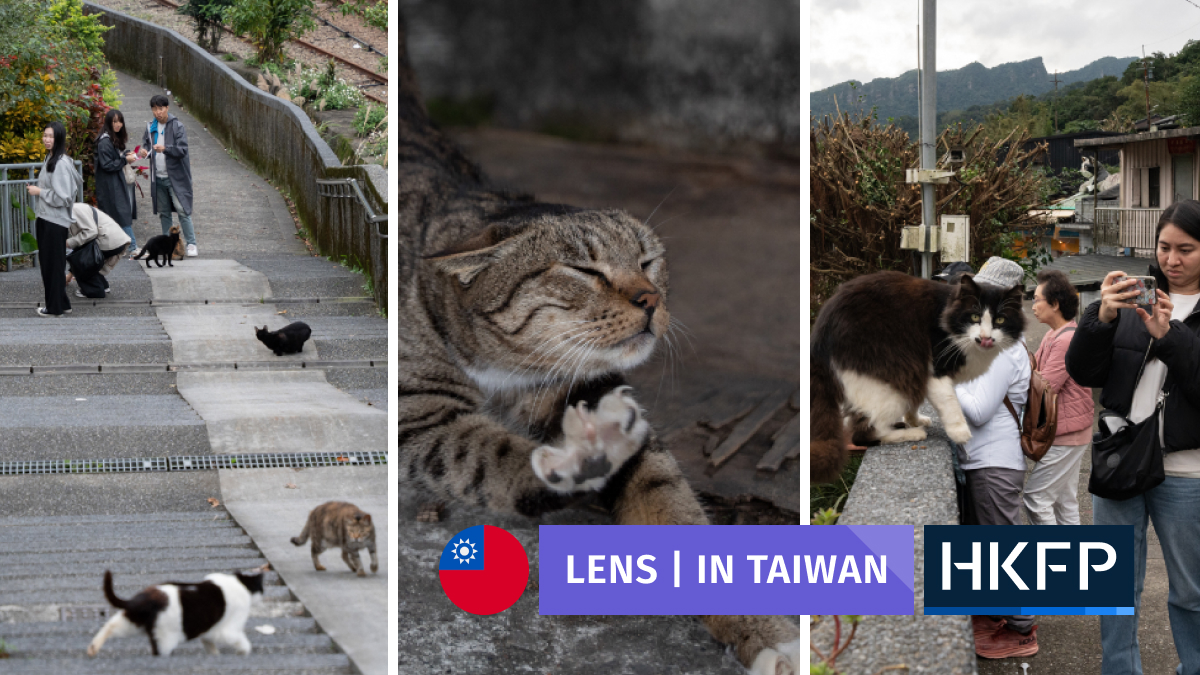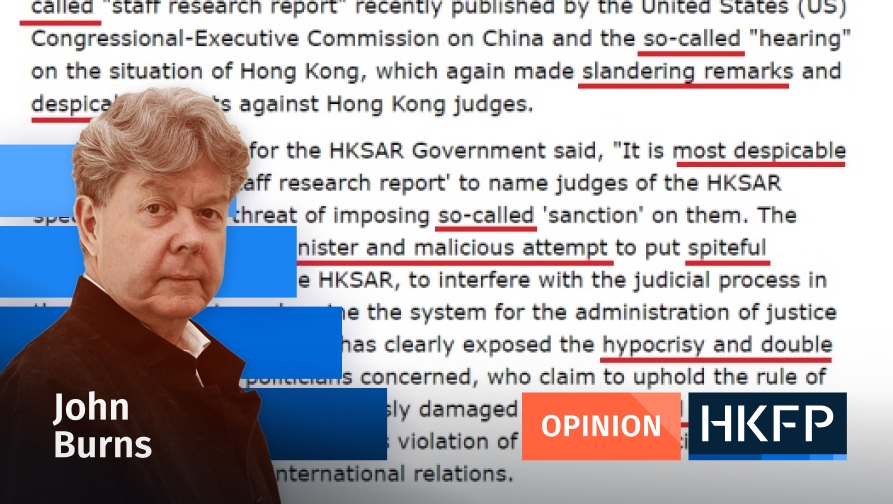A centrist political party in Hong Kong which aims to win seats on a revamped and more powerful Election Committee is having problems even finding people eligible to nominate its candidates because access to the electoral roll has been restricted, its leader says.

The Election Committee, an electoral college whose only job previously was to select the city’s chief executive, has been expanded and given major new powers under a political overhaul ordered by China to ensure that only “patriots” rule the city.
Critics say the changes are intended to exclude pan-democrats and others, in favour of pro-Beijing parties and organisations.
Only about 7,900 voters will be eligible to cast ballots for seats on the revamped committee in September compared to 246,000 in 2016. And access to the electoral roll has been restricted.
Tik Chi-yuen, a social worker who founded and chairs Third Side, announced on Wednesday that three to five of its members including himself are “actively planning” to run in the September race, as well as in the Legislative Council election in December. They are eyeing Election Committee seats in the social welfare and information and technology sub-sectors.
Under the overhaul a 1,500- strong election committee will be chosen through restricted, small-circle sub-sector elections rather than individual voters even though the body will become far more powerful. The committee will nominate all candidates standing for a newly expanded Legislative Council and will itself select 40 out of the 90 LegCo members.
Just 20 members of LegCo will in future be directly elected by the public compared to half of them currently.

With most prominent democratic politicians now on remand awaiting trial, already sentenced to prison or in exile, lesser known political parties such as Third Side are eyeing seats in the revamped bodies.
“As a political party, Third Side will fight for opportunities in any election to advocate for our political ideas,” Tik said, adding that once elected to the committee, its party members may then nominate non-establishment candidates for the legislature. “But because this electoral system is new… we haven’t gotten a hold of how it is operated,” he said.
Tik said the group found it difficult even to identify the registered voters who are eligible to nominate them — just two days before the one-week nomination period starts on Friday — because the voter roll is not easily accessible.
Who can nominate?
Before the revamp, sectors such as social welfare used to allow thousands of registered social workers to vote as individuals. Under the new system, committee members will be selected largely by designated institutional voters, by individuals in ex officio positions, or by appointed voters.
“We need to secure five nominations, but I don’t know who are eligible [to nominate candidates],” Tik said. “Which person did the organisation designate as its voting representative? I don’t know.”

Citing court injunctions and doxxing concerns, the electoral roll has been made available to members of the media and political parties to inspect in person under limited 30-minute sessions. Taking notes, photos or recordings during inspection are forbidden.
The social welfare sector has 141 registered organisational bodies eligible to nominate and vote, according to official figures. Tik said it was not feasible for his party to find potential nominations by inspecting the roll.
“Searching [electoral roll] records used to be publicly accessible. Now I don’t know why it’s so restrictive,” Tik said.
Housing policy recommendation
Third Side briefed the press on Wednesday about its policy recommendations regarding the government’s transitional housing scheme. This would subsidise hotels and guest houses to rent rooms to families awaiting public housing, with social welfare NGOs as intermediaries in the process.

However the scheme has thus far received a lacklustre response from hotels even though an estimated 10,000 to 40,000 rooms are sitting empty during the pandemic, said Travel Industry Council of Hong Kong director Timothy Chui, a Third Side member. The government should intervene more actively, he said.
Support HKFP | Policies & Ethics | Error/typo? | Contact Us | Newsletter | Transparency & Annual Report | Apps
Help safeguard press freedom & keep HKFP free for all readers by supporting our team

LATEST FROM HKFP
HKFP has an impartial stance, transparent funding, and balanced coverage guided by an Ethics Code and Corrections Policy.
Support press freedom & help us surpass 1,000 monthly Patrons: 100% independent, governed by an ethics code & not-for-profit.










